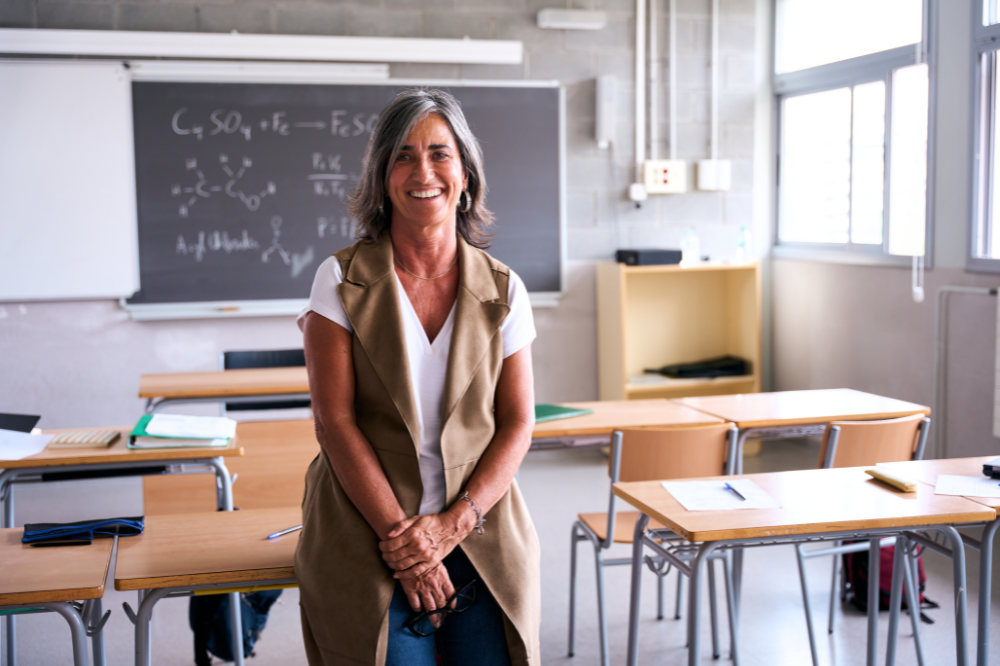
For some time now, positive psychology has been reshaping classrooms across Australia – blending traditional learning with the science of wellbeing. Grounded in Martin Seligman’s PERMA model, this approach promotes Positive emotion, Engagement, Relationships, Meaning, and Accomplishment as key pathways to wellbeing.
Fortunately, this is not lost on Australia’s schools as mental health concerns rise among young people. Teachers and leaders alike recognise that positive psychology can be a powerful, evidence-backed tool for nurturing happy, resilient learners.
Between July 2-5, the International Positive Psychology Association (IPPA) will hold its 9th World Congress at the Brisbane Convention & Exhibition Centre, discussing a wealth of topics for teachers, school psychologists, education administrators and academics.
More than 1,000 attendees – including researchers, clinicians, educators, students, business owners, coaches and consultants – are expected at the four-day Congress, which will hear from global experts sharing innovative strategies to enhance wellbeing in schools.
Highlights include the International Positive Education Network (IPEN) symposium, featuring practical insights from speakers across six countries. Sessions will explore teacher resilience, adolescent mental health, early childhood wellbeing, and the long-term impact of school-based wellbeing programs.
A deep-dive into diverse perspectives and practices
Researchers will also present new tools for measuring educational wellbeing and integrating nature play into early learning. From classroom renewal to staff wellbeing strategies, the Congress promises a comprehensive look at how positive education can transform learning environments and support thriving school communities.
“This year’s theme of `renewal’ highlights IPPA’s commitment to exploring diverse perspectives and practices that can help rejuvenate people and places,” Dianne Vella-Brodrick, IPPA World Congress Chair and Professor in Positive Psychology at the University of Melbourne’s Centre for Wellbeing Science, said.
“Our program features an array of keynote talks, workshops and interactive sessions led by eminent, as well as emerging experts, in the field. Attendees will have the opportunity to engage in thought-provoking discussions, gain insights from cutting-edge research and share their own experiences and innovations in positive psychology.”
Congress Associate Chair and Principal of Ravenswood School for Girls, Dr Anne Johnstone, says the IPPA World Congress on Positive Psychology will showcase insights into the latest academic research and practical evidence-based strategies in the field of positive psychology that are highly relevant to educational leaders.
“Education will be a major focus of the Congress across keynote presentations, workshops, and interactive sessions led by eminent and emerging experts in the field of positive psychology,” Dr Johnstone told The Educator.
“Attendees will have the opportunity to gain insights from leading-edge research, engage in thought-provoking discussions, and share their own experiences and innovations in Positive Education.”
Empowering both teacher and student
Dr Johnstone said positive psychology not only offers young people a toolkit to develop their wellbeing, such as through building resilience, positive emotion and agency, but also empowers educators with evidence-based strategies to create a positive learning environment that strengthens community wellbeing.
“At Ravenswood, we recognise the inextricable link between academic achievement and wellbeing,” Dr Johnstone said.
“We engage wholeheartedly with pro-active practices that strengthen our students’ skills and strategies to build their own wellbeing and the wellbeing of others, so that they may find their passion and purpose and fulfill their potential.”
Dr Johnstone said positive psychology initiatives are having “a cumulative, positive impact” on the school’s curriculum and culture.
“This ranges from developing a tailored curriculum based on the science of wellbeing, explicitly taught in classes, to creating a shared ‘language’ and ‘lens’ that helps to develop a mindset that supports wellbeing and academic outcomes of young people,” she said.
“Students are understanding key concepts that help them navigate the ups and downs of life, overcoming challenges and bouncing back from setbacks, taking a strengths-based approach, and focusing on making a difference, beyond ourselves.”

